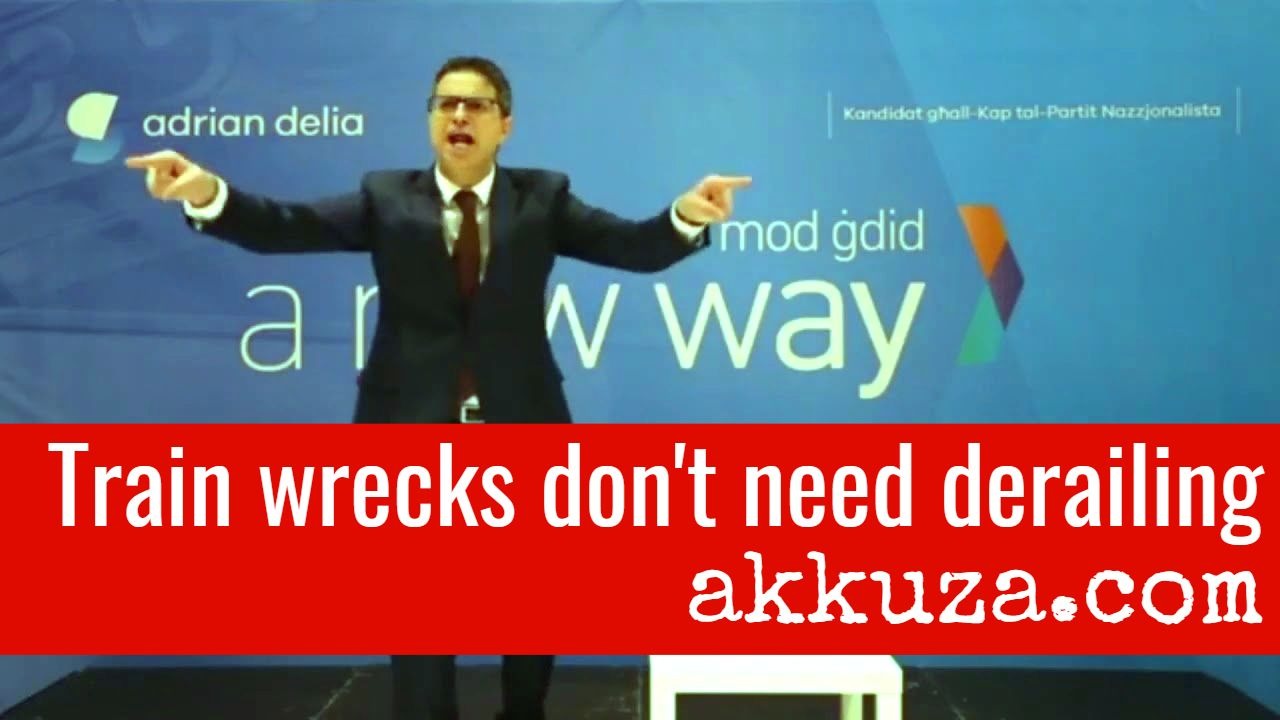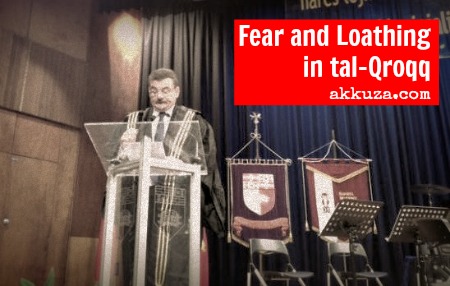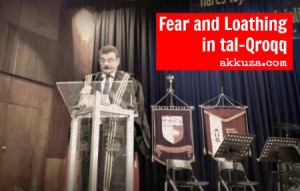Adrian Delia has dismissed reports on messages between him and Yorgen Fenech as “a mudslinging attempt aimed at derailing his work“. The Sunday coffee table news was dominated by an apparent ‘scoop’ from the Times of Malta uncovering the supposed ‘exchange’ of Whatsapp messages. There had even been a dramatic build up with an earlier confrontation by a Times journalist.
Like some latter-day Saint Peter, Delia was repeatedly asked to deny whether he had ever had any form of relationship with Fenech by a journalist who was obviously already in possession of the ‘incriminating’ evidence (that would be kept on hold till the convenient Sunday publication date for full effect. No cocks crowd on the day of the interview but the Times made a big deal of the issue today.
Having seen the supposed Whatsapp exchange (and only on the basis of what has been shown), I think that I can safely conclude that this was a case of harassment by Fenech. Delia seems to have little time for his entreatments and rarely replies until what seems to be a fob off by passing Fenech on to Pierre Portelli to fix a dinner/lunch which we are not even sure ever happened.
The thousands of sleuths who grace the Maltese Republic were all over the social media condemning Delia for this latest “lie”. In his earlier interview with the Times journalist Delia had wriggled and writhed to try to give a legalistic reply – one that implied that if by communication there was meant some sort of dealing then no he did not communicate with Yorgen. Delia might have had this Whatsapp harassment in mind. Surely in normal circumstances nobody in their right mind would consider Yorgen’s pseudo-sycophantic messaging as a basis of some form of effective communication with Delia.
Surely. But this is not normal. In a world of Whataboutism gone mad we have the Sunday papers dominated by a very weak exchange that is neither here nor there while trying to build a very spurious link to Delia being another of Yorgen Fenech’s political relationships. For some context. Labour’s cabinet is still labouring (sorry) under the heavy accusation of having a member who had a much more than platonic relationship with Fenech. Another one is deep in business dealings with Fenech (not the Arrigo style). Yet here we are trying to cause a storm for a one-way set of messages.
You’d think that the Times would have a much higher standard in its quest of fulfilling the fourth estate’s role in a democracy. As things stand it seems to be a weak platform for the disgraced Labour government’s use to disseminate confusion. Worse still it leads to situations where Delia, of all people, can cling to a victim’s alibi of attempts at derailing him.
Now that’s a first. Delia has already long proven to be unfit for political action let alone leadership. His time as PN leader has proven to be a train wreck. To derail a train that is already wrecked and picking up the pieces is something that only a paper desperate for a distraction from the real issues can achieve.




